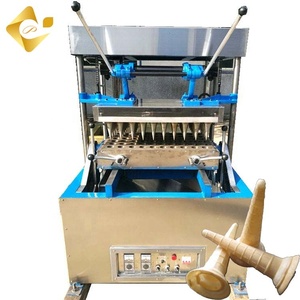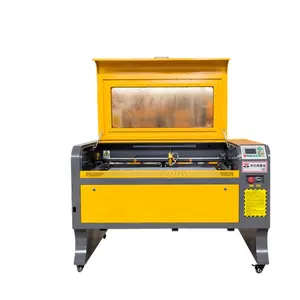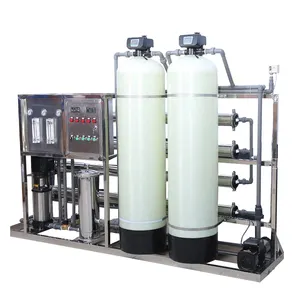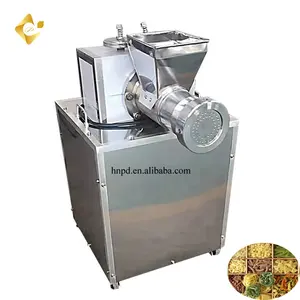Popular in your industry


































Top categories
About macaroni factory
The macaroni factory is a facility specifically designed for the industrial-scale production of macaroni pasta. Macaroni, a type of dry pasta made from durum wheat, is characterized by its hollow, cylindrical shape. The production of macaroni on a commercial scale requires specialized equipment and processes to ensure quality and consistency in the final product. A macaroni factory typically houses sophisticated machinery for mixing, extruding, drying, and packaging macaroni pasta. The macaroni manufacturing process involves precise control of ingredients, pasta shaping, and drying to achieve the desired texture and cooking properties.
What are the features of the macaroni factory?
The macaroni factory features several distinct areas, including the mixing and extrusion stations, drying rooms, and packaging lines. The mixing station is where the ingredients, primarily durum wheat semolina and water, are combined to form the macaroni dough. The mixing process is crucial for achieving the desired consistency and gluten development in the dough. After mixing, the dough is fed into an extrusion machine, which shapes the macaroni into its characteristic tubular form. The extrusion process involves forcing the dough through specially designed dies, which determine the size and shape of the macaroni. The factory may have multiple extruders to produce different types of macaroni.
The shaped macaroni then enters the drying area, where it undergoes a controlled drying process. Drying is a critical step that removes moisture from the pasta, ensuring its stability during storage and preventing microbial growth. Drying rooms in a macaroni factory are equipped with specialized dryers, such as rotary dryers or static dryers, that circulate hot air to gradually reduce the moisture content of the pasta. The drying time and temperature are carefully monitored to achieve the optimal moisture level for the specific type of macaroni being produced. Once the macaroni reaches the desired moisture content, it is transferred to the packaging area. Packaging lines in macaroni factories are equipped with automated systems for filling, sealing, and labeling the pasta packages. Automated packaging not only ensures efficiency and consistency but also helps maintain the freshness and quality of the macaroni.
How to maintain the macaroni factory?
Maintaining a macaroni factory involves regular upkeep of equipment, adherence to food safety standards, and monitoring of production processes. Proper maintenance of machinery is essential to prevent breakdowns and ensure the efficient operation of the factory. This includes routine inspections, lubrication of moving parts, and timely replacement of worn components. Macaroni factory operators should follow the manufacturer's guidelines for maintenance and seek professional assistance when needed.
Food safety is a top priority in macaroni manufacturing to prevent contamination and ensure the quality of the final product. Regular cleaning and sanitization of equipment, work surfaces, and storage areas are crucial. Employees working in the factory should follow strict hygiene practices, including wearing appropriate protective gear and undergoing regular training on food safety protocols. Additionally, monitoring the production processes, such as temperature and humidity control during drying, is essential to maintain the quality and consistency of the macaroni.




























